By Mok Ying Ren

Mok Ying Ren finishing first at the Christchurch Marathon. (Photo courtesy of Mok Ying Ren)
Ed’s note: Mok Ying Ren lowered his marathon personal best, by over a staggering 10 minutes, to 2 hours 26 minutes 33 seconds in winning the Christchurch Marathon in New Zealand. Here, he shares with Red Sports readers a first-hand account of that race.
Preamble
I registered for the Christchurch Marathon in early 2011 but when the earthquake happened in February, the race was doubtful. Thus, Jason Lawrence, my training partner, and I registered for the Gold Coast Marathon as the main marathon of the year.
In May, the organisers announced that the Christchurch marathon was still on but with a different route out in the countryside because of the damage to the city centre. I flew in on an overnight budget flight, reaching the afternoon before the marathon on Sunday, June 5th, and stayed the night at the house of Jason’s parents.
The plan of the race was to do 30km at the Singapore record (2:24) pace before easing off the last 10km to call it a day. Phil Costley, a veteran runner, told the press that he was trying for 2:22, which is a veteran record in New Zealand. It was perfect timing as it would mean I had someone to run with for the 30km. I was eager to see how things would go.
Race Start
It was a slow start. Out in the countryside, the land was unsheltered and winds were very strong. It seems that the record attempt was off. I immediately started to follow Phil. We were running behind Danielle Trevis, who eventually won the women’s half marathon. (The route was such that both the full marathon and half marathon runners started together. The full marathon route was two rounds of the half marathon route.) The pace was comfortable and we finished the uneventful first round in 1:13:30, two minutes off my target pace.
Second Round
I was in a dilemma. If I relaxed after 30km, I would not achieve my training objective which was to run 30km at race pace. Thus, I decided to finish it off.
At the 25km mark water point, I decided to test Phil’s fitness and purposely did not take any water, to speed ahead. I could hear that his footsteps were no longer there and I knew then that I had a possible chance of winning the race. At the same time, I needed to make sure I did not exert myself too much in order to prepare for the Gold Coast Marathon later. Thus, I slowed down and allowed him to catch up with me.
As the cross winds were very strong, I wanted a fair race between the both of us – I did not want to draft him and I also did not want him to draft me. (Drafting in running or cycling means to hide behind the other runner in the wind such that the runner in front blocks the wind for the one at the back.) Thus, I ran at the margins of the race course so that he would not be able to draft me optimally as it was a cross wind.
At the 35km water point, I again put in a surge before easing back to a comfortable pace at 36km. From then on, I cruised through to the finish and avoided sending my heart rate up too high so that the effort was a controlled one while winning my first international marathon in Christchurch, New Zealand, in a time of 2:26:33.
Summary
At the end of the race, my average heart rate for the entire run was low, indicating the controlled effort I have put in. I did not exert myself to the maximum. I also felt good after the race and maintained a high mileage of easy training the week after while on a holiday around the South Island.

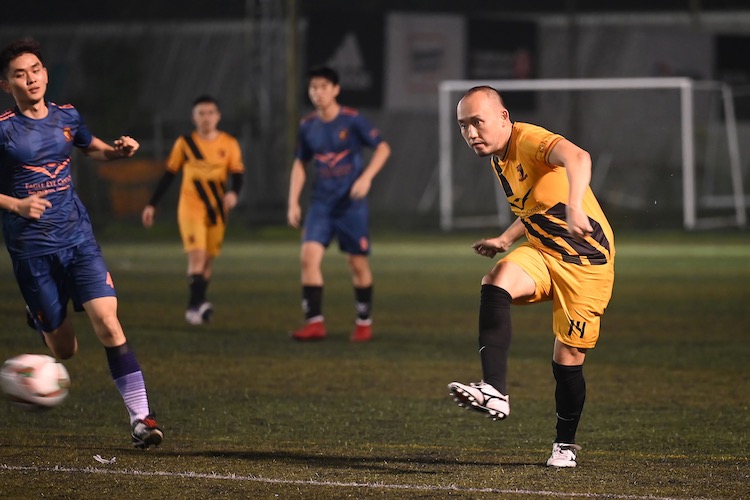
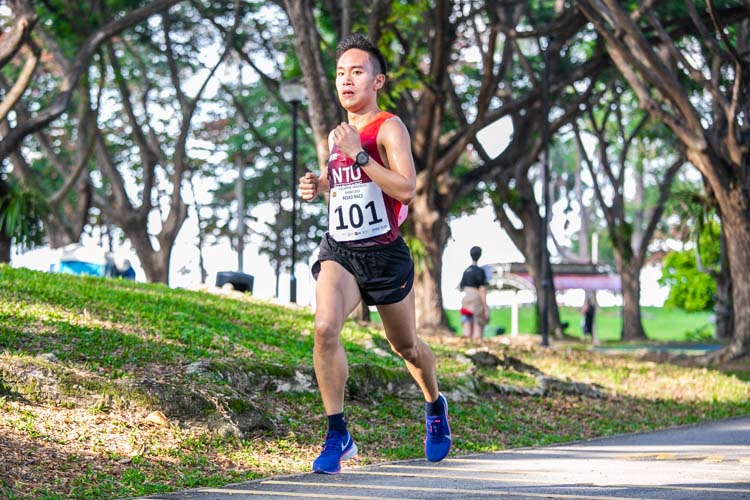
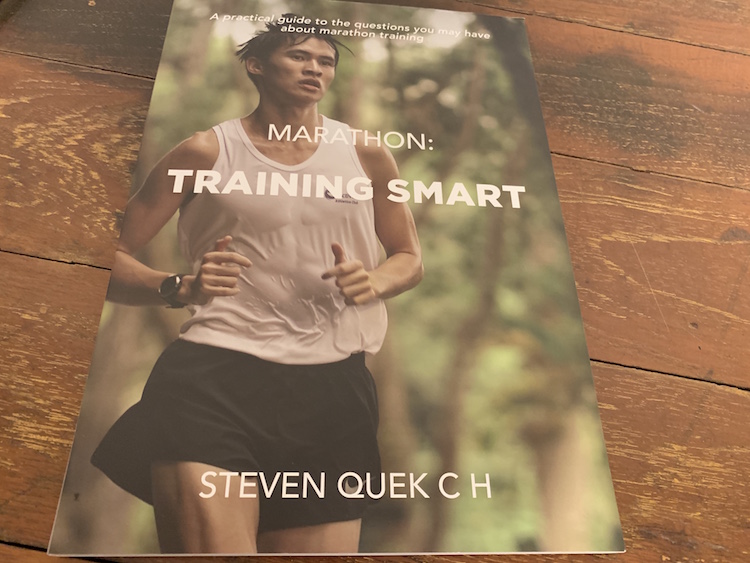
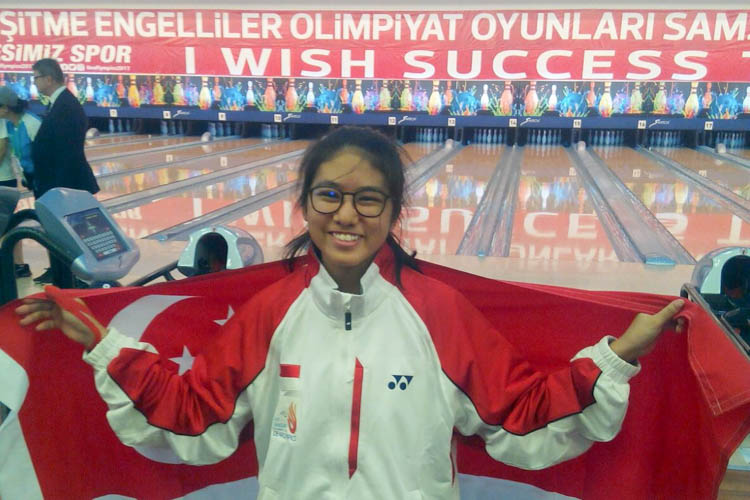
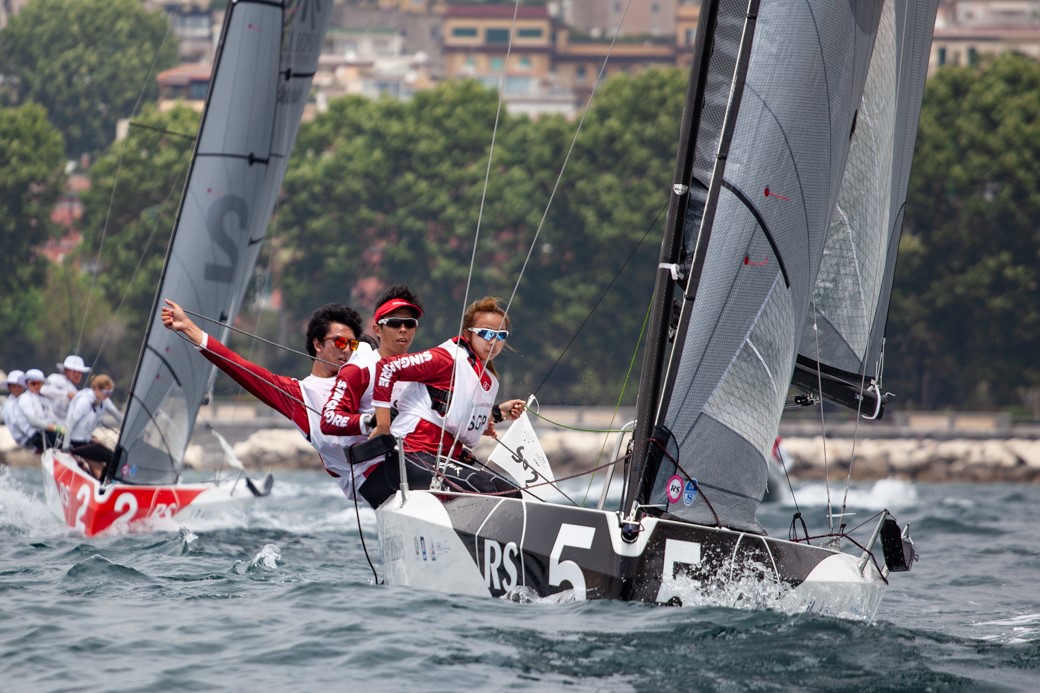
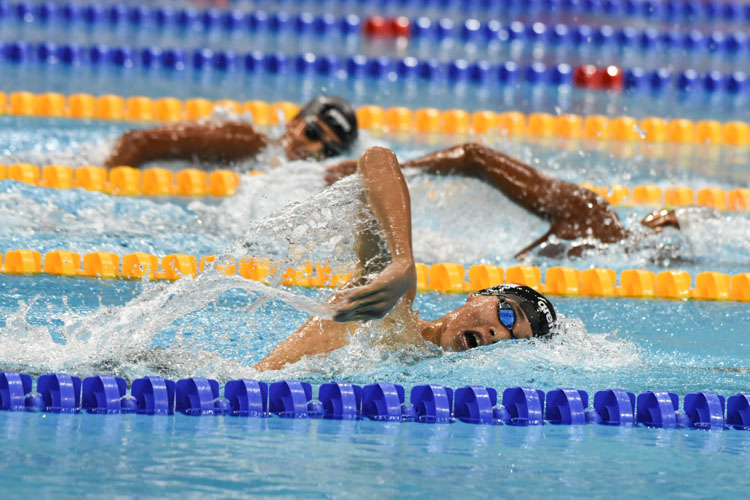
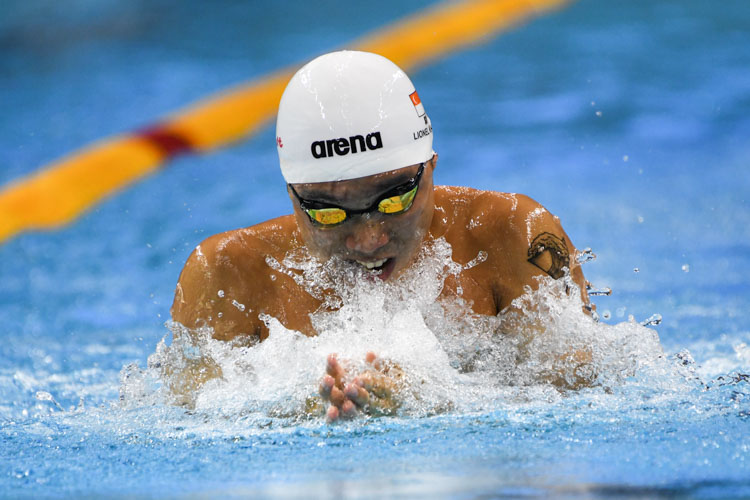
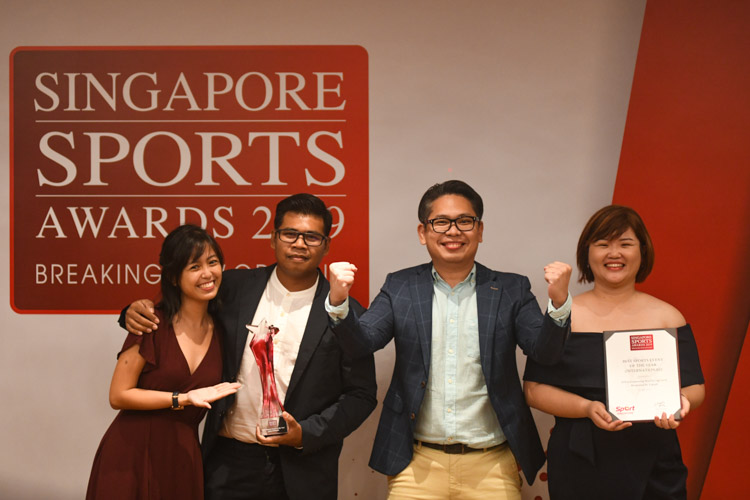
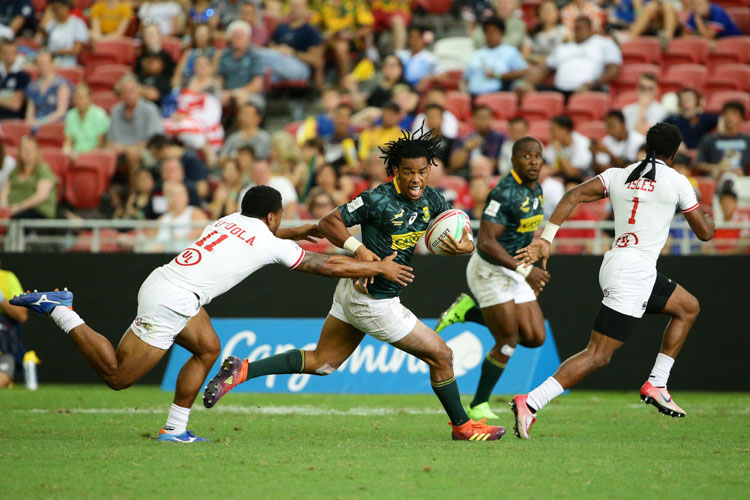
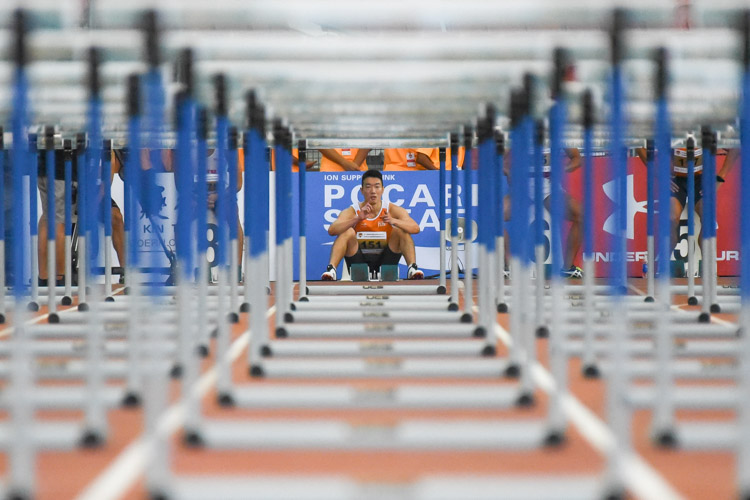
Leave A Comment